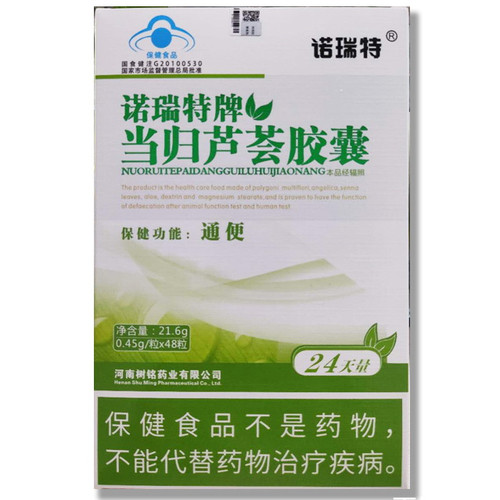Product Overview
Parts used: Concentrated dry product of leaf juice
TCM category: Purgative herbs that drain downward
TCM nature: Cold
TCM taste(s): Bitter
Meridian affinity: Large intestine Liver
Scientific name: Aloe vera
Other names: Aloe vera
Use of aloe vera (Lu Hui) in TCM
Please note that you should never self-prescribe TCM ingredients. A TCM ingredient is almost never eaten on its own but as part of a formula containing several ingredients that act together. Please consult a professional TCM practitionner, they will be best able to guide you.
Preparation: Collect leaf juice and dry it. Or cook the leaf juice with the same amount of water for 2 to 3 hours, filter the mixed juice to create a concentrated thick and sticky texture. Dry the final product.
Dosage: 0.5 - 2 grams
Main actions according to TCM*: Clears Heat. Cools the Liver and clears Heat in the Liver. Eases constipation and kills parasites.
Primary conditions or symptoms for which aloe vera may be prescribed by TCM doctors*: Constipation Headache Impaired vision Intestinal parasites Ringworm Hemorrhoids Fever Dizziness Abdominal pain
Contraindications*: This herb should not be used by pregnant or menstruating women nor should it be used by those with Cold weak Spleen and Stomach.
Common TCM formulas in which aloe vera are used*:
For Heat in the Liver and its channel with symptoms of fever, headache, red eyes, dizziness and abdominal distention combine aloe vera with baikal skullcap roots (Huang Qin).
For acute and chronic constipation caused by Heat in the Intestines combine aloe vera with star anise (Ba Jiao Hui Xiang).
Key TCM concepts behind aloe vera (Lu Hui)'s properties
In Traditional Chinese Medicine (TCM), aloe vera are plants that belong to the 'Purgative herbs that drain downward' category. The herbs in this category are those whose main purpose is to treat constipation. The fact they're 'purgative' means that they do so by removing excess Heat in the Intestines and/or Stomach. As such all herbs in this category are Cold in nature, in order to cool the Heat.
Furthermore aloe vera are plants that are Cold in nature. This means that aloe vera typically help people who have too much "heat" in their body. Balance between Yin and Yang is a key health concept in TCM. Those who have too much heat in their body are said to either have a Yang excess (because Yang is Hot in nature) or a Yin deficiency (Yin is Cold in Nature). Depending on your condition aloe vera can help restore a harmonious balance between Yin and Yang.
Aloe vera also taste Bitter. The so-called "five elements" theory in Chinese Medicine states that the taste of TCM ingredients is a key determinant of their action in the body. Bitter ingredients like aloe vera tend to have a cleansing action on the body by clearing heat, drying dampness and promoting elimination via urination or bowel movements.
The tastes of ingredients in TCM also determine what organs and meridians they target. As such aloe vera are thought to target the Large intestine and the Liver. In TCM the Large Intestine receives the "impure" parts of the digested food from the Small Intestine, absorbs the remaining fluids and excrete the remainder as feces. The Liver on the other hand is often referred as the body's "general" because it is in charge of regulating the movements of Qi and body fluids. It also takes a leading role in balancing our emotions.
Use of aloe vera (Lu Hui) as food
Aloe vera are also eaten as food. It is used as an ingredient in dishes such as Aloe Vera sabzi.









